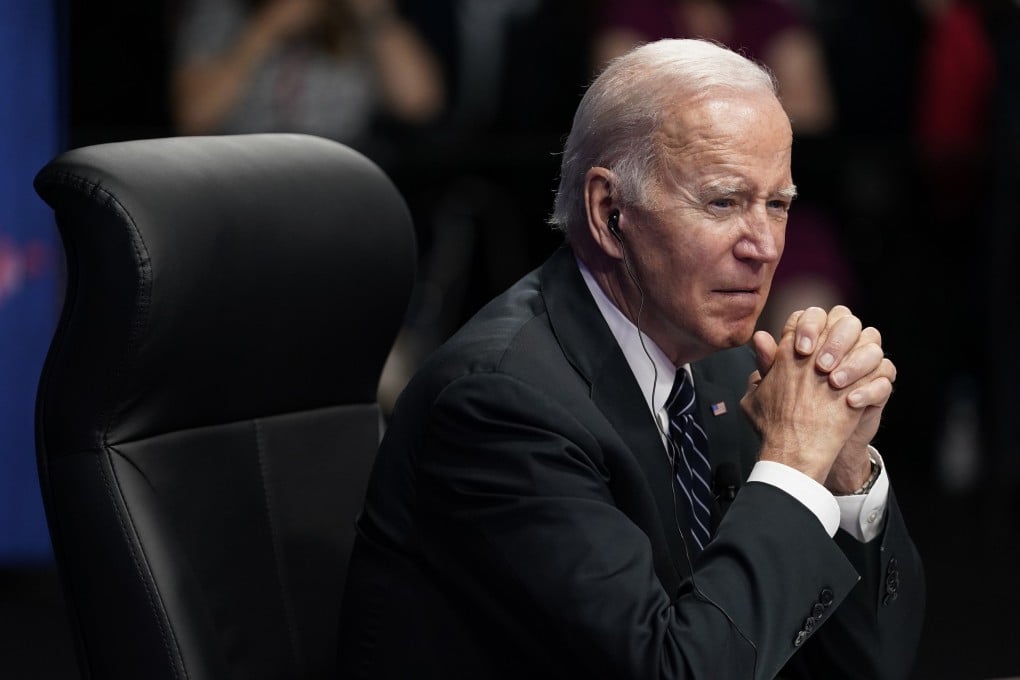Advertisement
Joe Biden’s comments on US defending Taiwan could cause missteps, analysts say
- The US president’s assertion that America would be willing to get involved militarily to defend the self-governing island appears to erode long-standing strategic ambiguity
- Some China watchers say the commander-in-chief’s string of unclear statements on the matter could heighten uncertainty, confusing Beijing and others in the region
Reading Time:4 minutes
Why you can trust SCMP
99+

President Joe Biden’s comments Monday that the US was willing to defend Taiwan in the event of a Chinese attack reflect growing support in Washington for the self-governed island but add to a lack of clarity that could cause missteps, analysts said.
For decades, the US has adhered to the one-China policy even as it has taken an ambiguous stance on whether it would come to Taiwan’s defence. Monday’s statement was the latest of several by Biden that appeared to erode an ambiguity that experts credit with keeping the peace for a half-century.
And like those other statements, it was subsequently walked back by White House officials asserting that long-standing policy had not changed.
Advertisement
“I’m not sure China has much confidence that the US has a one-China policy. What they’re seeing is increasingly unclear US statements on Taiwan,” said Bonnie Glaser, Asia director with the German Marshall Fund of the United States.
“I think it’s important for our allies, friends and our adversaries to understand what our policy is,” Glaser added. “Failure to do so could prompt the very attack by China we seek to avoid. I don’t see that [Biden’s] constant misstatements are helping.”
This is a delicate time for China and President Xi Jinping. This auntumn, Xi is expected to be tapped for an unprecedented third term at the Communist Party’s national congress. The party’s zero-Covid strategy is facing strong domestic pushback as the pandemic spreads. And China’s economy is struggling as supply chains fray and costs rise globally.
Advertisement
Select Voice
Choose your listening speed
Get through articles 2x faster
1.25x
250 WPM
Slow
Average
Fast
1.25x